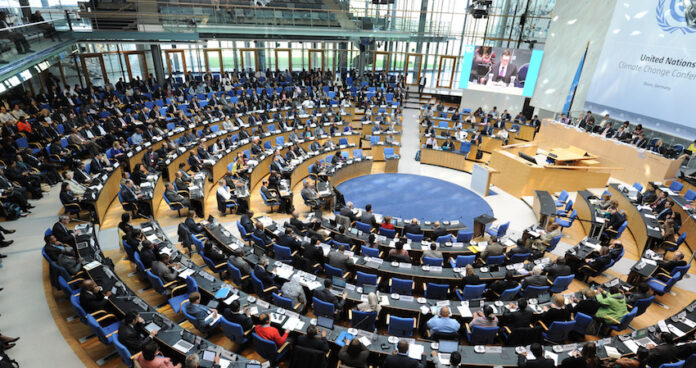Author: Alice Hill
Affiliation: David M. Rubenstein Senior Fellow for Energy and the Environment at the Council on Foreign Relations
Organization/Publisher: Foreign Affairs
Date/Place: October 29, 2021/USA
Type of Literature: Analysis
Word Count:1687
Keywords: Climate Change, United Nations, Global Warming, International Climate Diplomacy
Brief:
The author talks about the twenty-sixth United Nations Conference of the Parties (COP26) held in Glasgow to assess the global fight to halt climate change, the first international meeting on climate change in almost three decades. Since the Paris COP, improvements in climate science have revealed that the stakes are higher than many assume. The Intergovernmental Panel on Climate Change (IPCC) has issued its strongest statement yet, concluding that the average global temperature rise could reach 1.5°C somewhere between 2030 and 2035. The International Energy Agency has warned that progress in clean energy remains too slow to put global emissions into a sustainable decline toward net-zero. As countries confirm their commitments under the Paris Agreement to cut emissions, one of the problems facing climate negotiations is the growing mistrust between rich and developing countries during the pandemic. Another point of contention is that the bulk of the assistance has gone into mitigation efforts rather than adaptation. The author and researcher argues that if COP26 fails and international climate diplomacy continues to play down, geopolitical tensions over who is doing their fair share of reducing global warming could escalate.
By: Taqwa Abu Kmeil, CIGA Research Assistant




